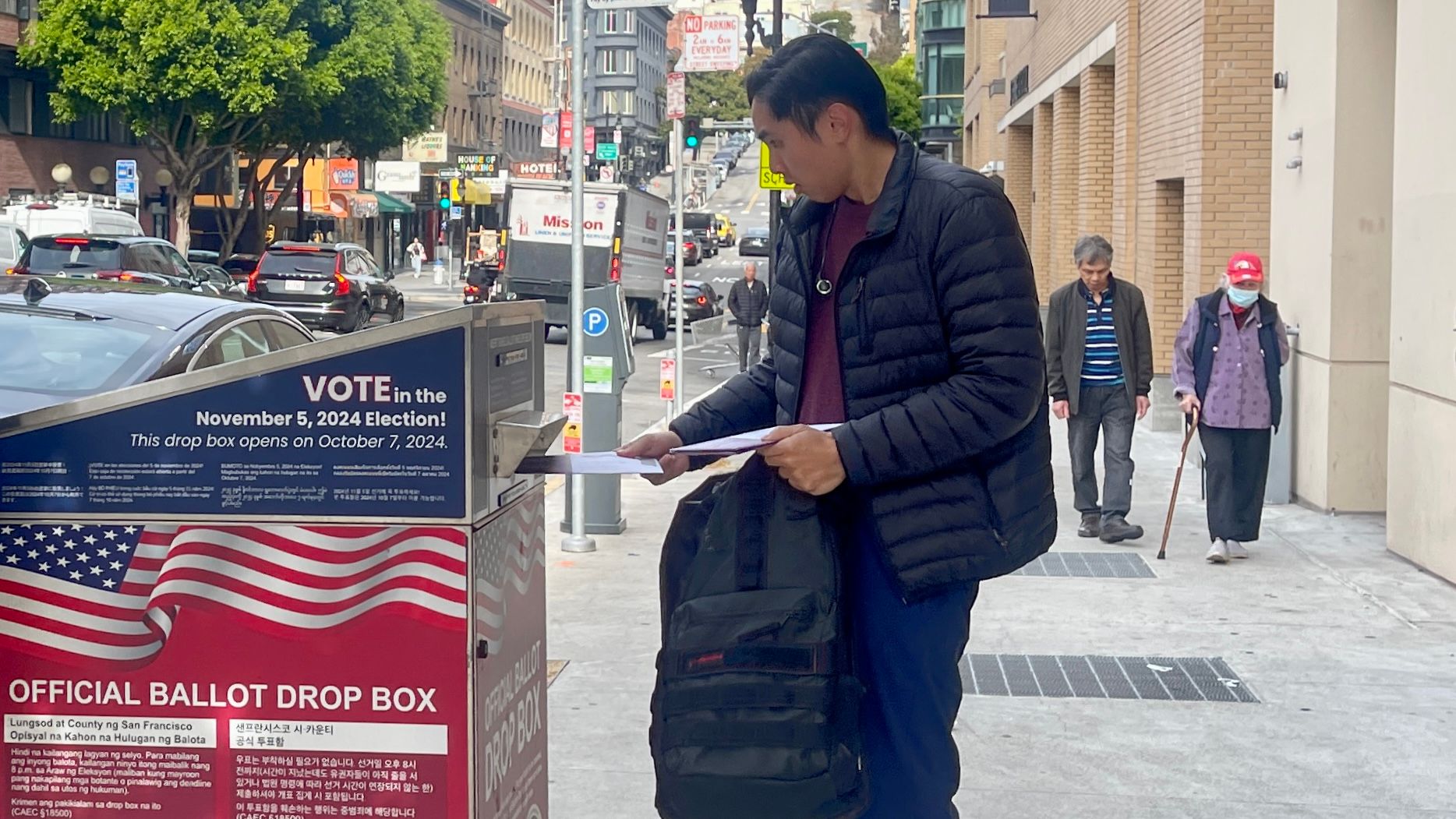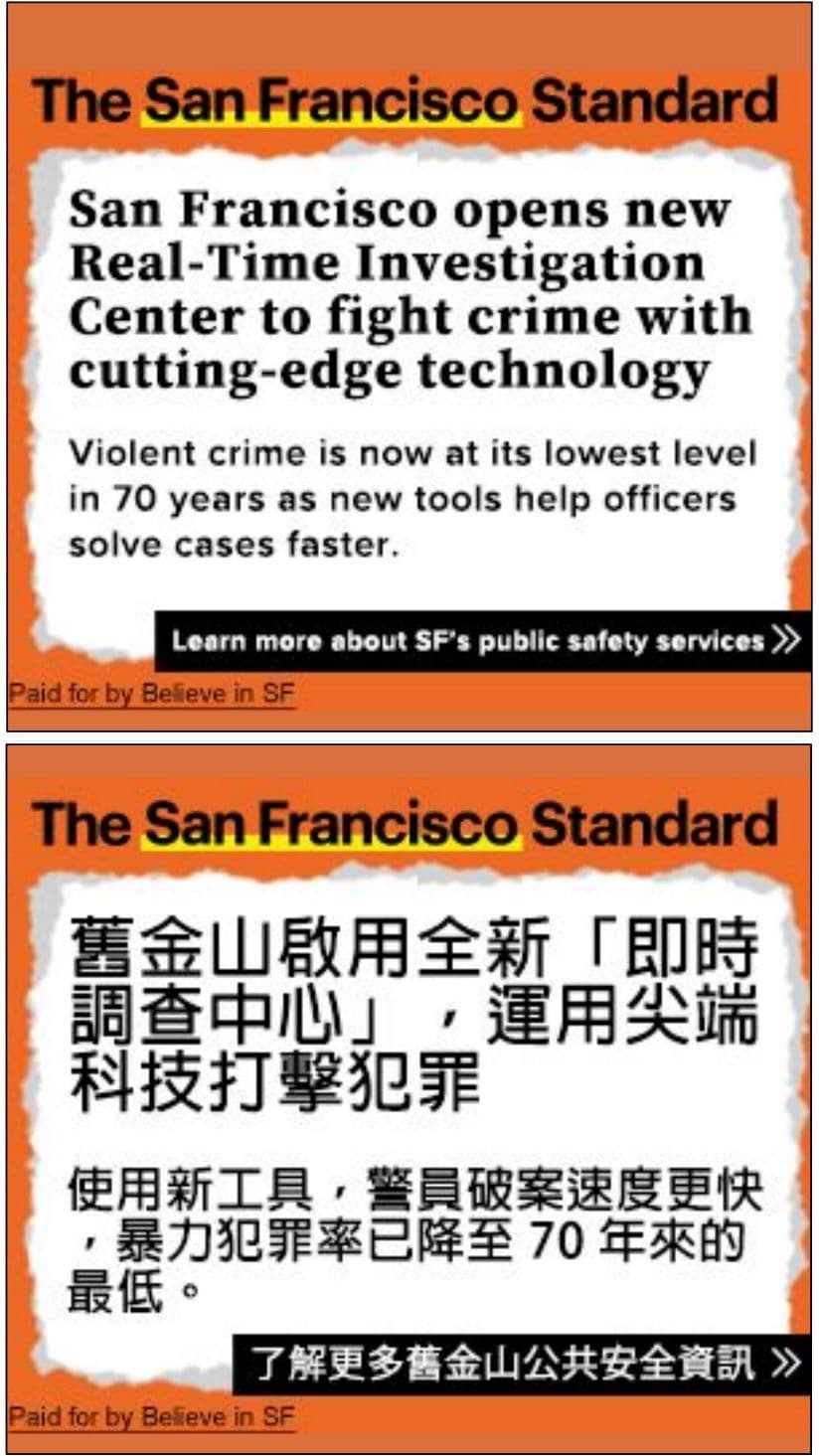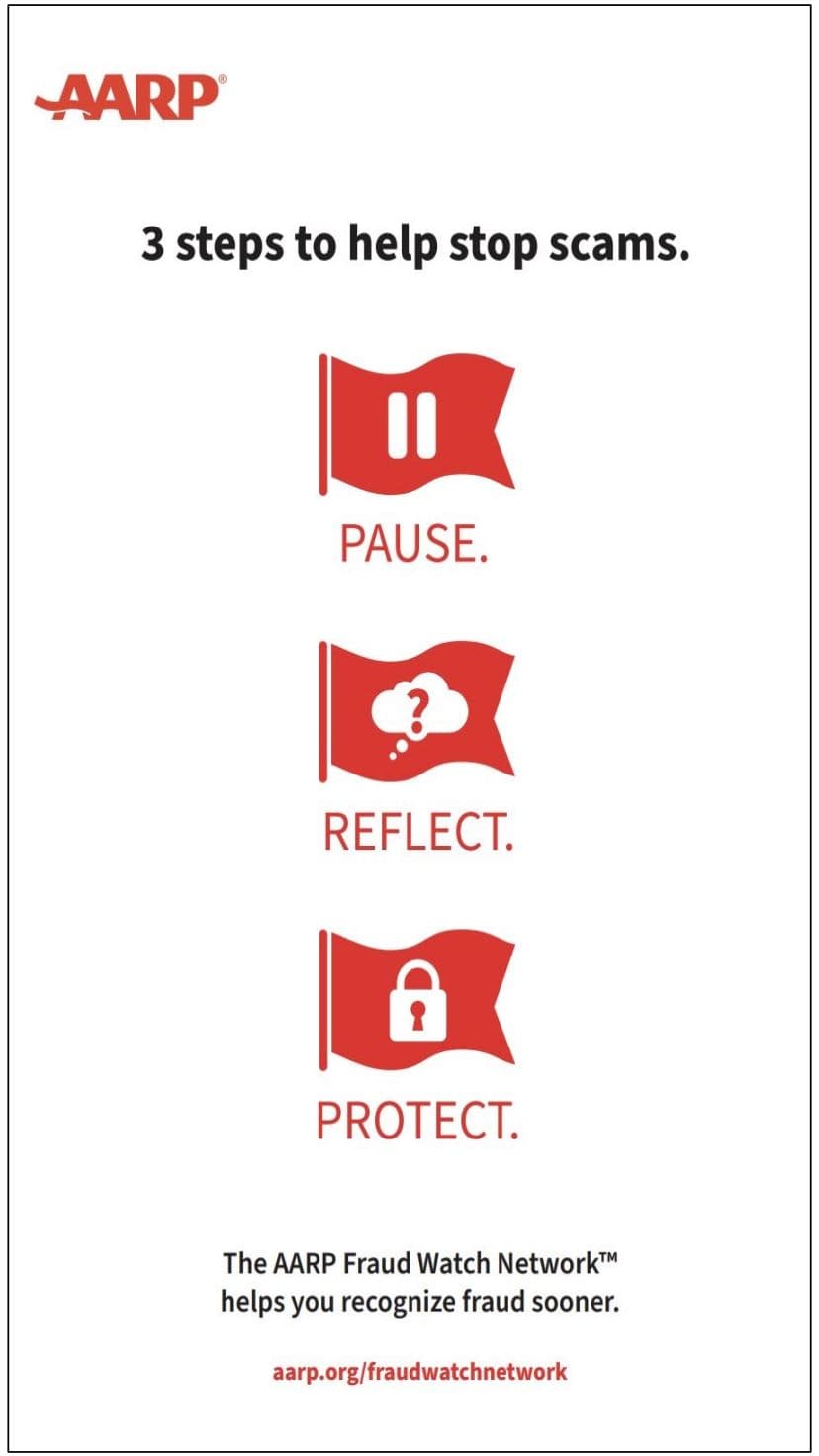Letter to the Editor: Was the exclusive District 4 Proposition K election converted into an "at-large" citywide election in November 2024 ?

Dear Editor,
I voted in the last "at-large" citywide election, which was held in order to abolish the "at-large" citywide election system, in favor of the current 11 districts/11 District Supervisors election system (2000).
District 4 Supervisor Joel Engardio did convert the exclusive District 4 Proposition K election into an "at-large" citywide election (open to 11 district voters' participations).
The problem is that a District 4 Proposition K election was converted into an "at-large" citywide election, which is impermissible legally.
William P. Lindo
San Francisco voter concerned for District 4 voters
*Editor's Note:
What is an at-large election?
The U.S. Constitution and federal Voting Rights Act guarantee that every vote counts equally, and that every voter has an equal voice, according to an article written by Aseem Mulji, Senior Legal Counsel of the Campaign Legal Center, on June 25, 2024 to explain in more details about at-large elections across the country.
"Unfortunately, politicians sometimes shirk these laws by manipulating election systems to get their preferred outcome," Mulji wrote. "Certain electoral systems, including at-large systems, can silence communities of color and deprive them of an equal opportunity to participate in the political process."
"This happens especially in places where voting is 'racially polarized,' or when different racial or ethnic groups consistently vote differently. In those communities, an at-large election system leads to voters of color getting drowned out by the votes of a white-voting majority that does not support the candidates preferred by voters of color."
"Courts have repeatedly recognized that at-large elections can discriminate against communities of color," Mulji wrote. "In fact, many at-large voting systems have been struck down for violating Section 2 of the Voting Rights Act, which helps protect voters of color from election systems that weaken their voting strength."
*Campaign Legal Center (CLC) is a national nonprofit and nonpartisan legal organization with headquarters in Washington, D.C. dedicated to solving the wide range of challenges facing American democracy. The center fights for every American’s freedom to vote and participate meaningfully in the democratic process, particularly Americans who have faced political barriers because of race, ethnicity or economic status.
History of district elections in San Francisco
The concept of district election was first advocated in 1972 by a group of neighborhood associations, labor unions, and public leaders who contended that district elections would result in a more inclusive Board of Supervisors, according to San Francisco Bay Area Planning and Urban Research Association (SPUR).
"As a result of this growing movement, voters passed a measure in 1976 to create a system of district elections. The first district elections were held in November 1977," SPUR stated.
"These first district elections did in fact increase the diversity of the Board. San Francisco elected its first female African American supervisor, Ella Hill Hutch, its first Asian American supervisor, Gordon Lau, and its first openly gay supervisor, Harvey Milk. However, in that same election, Dan White became a supervisor. As many remember, after a political falling out, Supervisor White assassinated then-Mayor George Moscone and Supervisor Milk in November 1978."
"District elections remained in place for the election cycle then were repealed by the voters in 1980. While other factors surely impacted the repeal of district elections, the tragic assassinations severely damaged the image of the district electoral system."
"Seven years later, in November 1987, San Francisco voters considered a proposition to reintroduce district elections. The political climate at that time did not favor changing the at-large system, and the initiative failed at the polls.”
In the November 1996 election, San Francisco voters approved Proposition G, which reinstated district elections, and rejected Proposition H, which would have introduced the preference voting system. District elections, to be implemented in the year 2000, became city law up to the present, according to SPUR.
*SPUR — the San Francisco Bay Area Planning and Urban Research Association — is a nonprofit public policy organization. SPUR brings people together from across the political spectrum to develop solutions to the big problems cities face. Based in San Francisco, San José, and Oakland, SPUR is recognized as a leading civic planning organization and respected for its independent and holistic approach to urban issues.
- An increase in flu activity seen in SF Bay Area, experts recommend everyone aged 6 months and older to receive the flu vaccine
- SB 1234 is fully in effect in 2026 and requires employers to offer retirement plans to all employees, full-time, part-time & short-term
- Six power outages in Sunset District impact residents and businesses among strings of outages in San Francisco in Dec. 2025
- California bans all plastic carryout bags at retail stores starting January 1, 2026, only allows recycled paper bags to be distributed to customers
- If someone’s vehicle blocks your driveway, San Francisco's 311 service will resolve it easier and safer for you
- U.S. Department of Homeland Security proposes green card status can be denied for Medicaid and SNAP recipients
- NAPCA Column 18: About the One Big Beautiful Bill Act
- San Francisco Real-Time Investigation Center (RTIC) equipped with drones and advanced technologies now fully operates to help keep the city safe






